The Consumer Prices Index (CPI) annual inflation rose to 3.3 per cent in May, up from 3 per cent in April. Inflation on food and non-alcoholic beverages was 7.8 per cent in May, up from 6.6 per cent in April.
Food inflation was 8.7 per cent, up from 7.2 per cent in April. The rise was mainly driven by meat prices, which has more than doubled, from 4.1 per cent in April to 8.8 per cent in May. Inflation on vegetable prices has also rocketed, from 3.8 per cent in April to 7.2 per cent in May.
The main factors affecting the CPI also affect the Retail Prices Index (RPI). RPI rose to 4.3 per cent in May, up from 4.2 per cent in April. RPI has also been hit by the downward trend in the housing market, which stems mainly from mortgage interest payments rising.
The CPI rise means the governor of the Bank of England must write to the Chancellor to explain what it is doing to control price rises. The governor, Mervyn King, is likely to blame rises in international commodity prices.
Separately, the price of a shopping basket containing 24 staple items of food has increased by an average of 21 per cent year on year, according to online price comparison site Mysupermarket.co.uk.
Based on a family of four’s weekly shop in June this year, compared with June last year, the increase means that if a family spends£100 a week, it will now spend£1,092 extra a year. Most of the items – including bread, bananas, eggs, cheese and pasta – were own-branded where possible to make it a fair comparison of the three supermarkets, Tesco, Asda and Sainsbury’s.


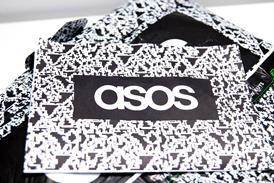
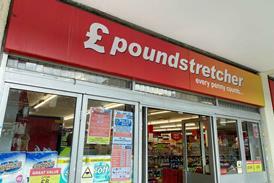


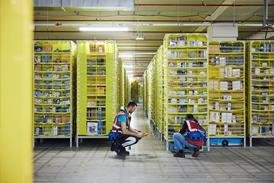
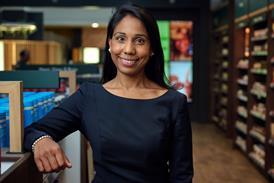



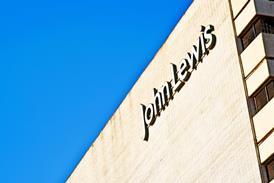



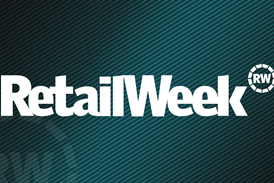


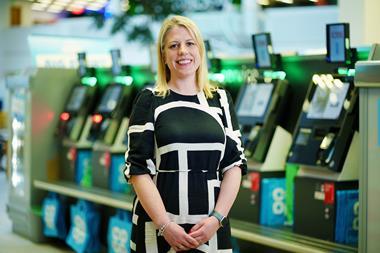
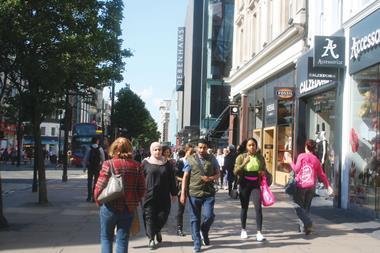
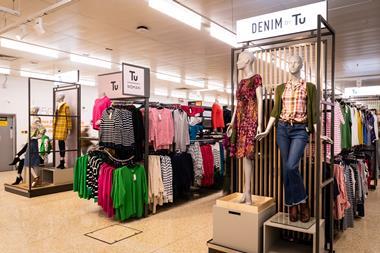


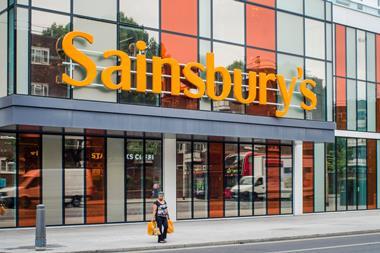
No comments yet